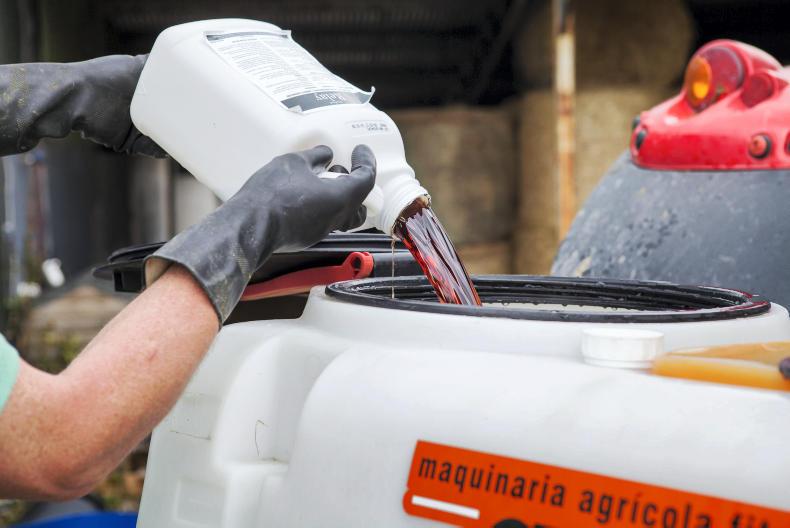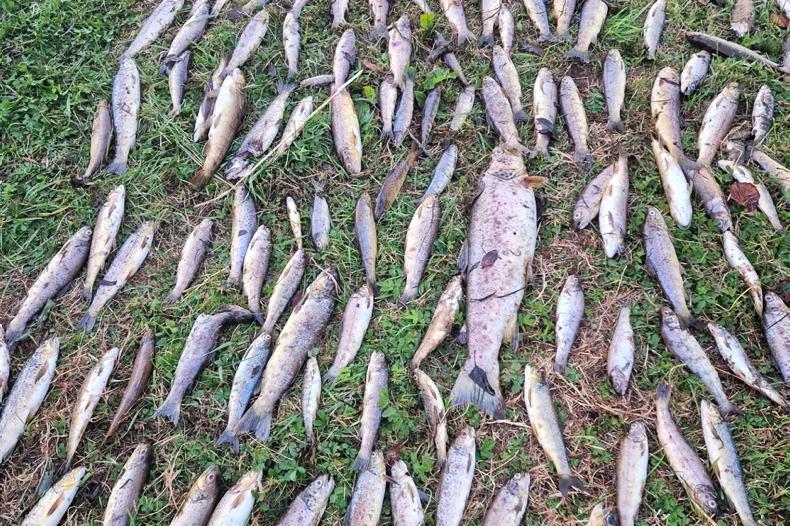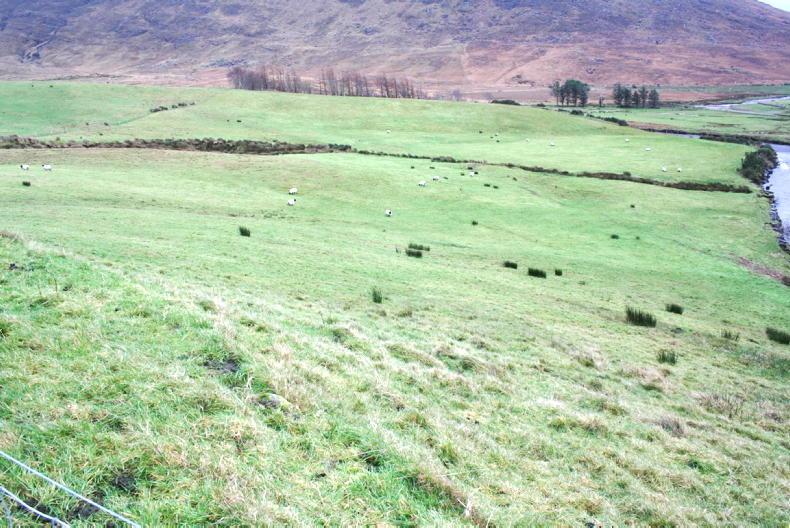MEPs have called for a more transparent, simpler and faster system for pesticide authorisation in an aim to increase availability of safe plant protection products.
On average, it now takes 11 years, 200 scientific studies and more than €220 million to bring a product to the market, with just11 new substances authorised since the introduction of new regulations in 2009.
MEPs called for a review of the current system to make it faster and less complicated. Blame for emergency short-term authorisations has been placed on complexities of the current system.
Availability
The MEPs stated that the availability of a broader range of reasonably-priced products would reduce their use as farmers would have a reduced reliance on less targeted and less efficient products.
It is hoped changes to the system will increase the development and availability of low-risk pesticides with natural substances and that these types of products could be fast-tracked for authorisation.
They have, however, emphasised that any of these authorisations must be scientifically-robust and maintain an objective system for evaluation, which is based on peer-reviewed evidence.
It was suggested that the development of an EU-level authorisation procedure that would be overseen by a single EU authority could be part of the solution. MEPs said such an authority would be a one-stop-shop and would be responsible for all aspects of the process.
This could reduce costs as well as speeding up the approval process as there would be less chance for the duplication of work.
The opinion will now move forward to be considered by the Environment Committee, which has lead on the process.
Read more
MCPA in 80% of drinking water pesticide contaminations
EU pushing to protect bees with pesticide ban
MEPs have called for a more transparent, simpler and faster system for pesticide authorisation in an aim to increase availability of safe plant protection products.
On average, it now takes 11 years, 200 scientific studies and more than €220 million to bring a product to the market, with just11 new substances authorised since the introduction of new regulations in 2009.
MEPs called for a review of the current system to make it faster and less complicated. Blame for emergency short-term authorisations has been placed on complexities of the current system.
Availability
The MEPs stated that the availability of a broader range of reasonably-priced products would reduce their use as farmers would have a reduced reliance on less targeted and less efficient products.
It is hoped changes to the system will increase the development and availability of low-risk pesticides with natural substances and that these types of products could be fast-tracked for authorisation.
They have, however, emphasised that any of these authorisations must be scientifically-robust and maintain an objective system for evaluation, which is based on peer-reviewed evidence.
It was suggested that the development of an EU-level authorisation procedure that would be overseen by a single EU authority could be part of the solution. MEPs said such an authority would be a one-stop-shop and would be responsible for all aspects of the process.
This could reduce costs as well as speeding up the approval process as there would be less chance for the duplication of work.
The opinion will now move forward to be considered by the Environment Committee, which has lead on the process.
Read more
MCPA in 80% of drinking water pesticide contaminations
EU pushing to protect bees with pesticide ban










SHARING OPTIONS